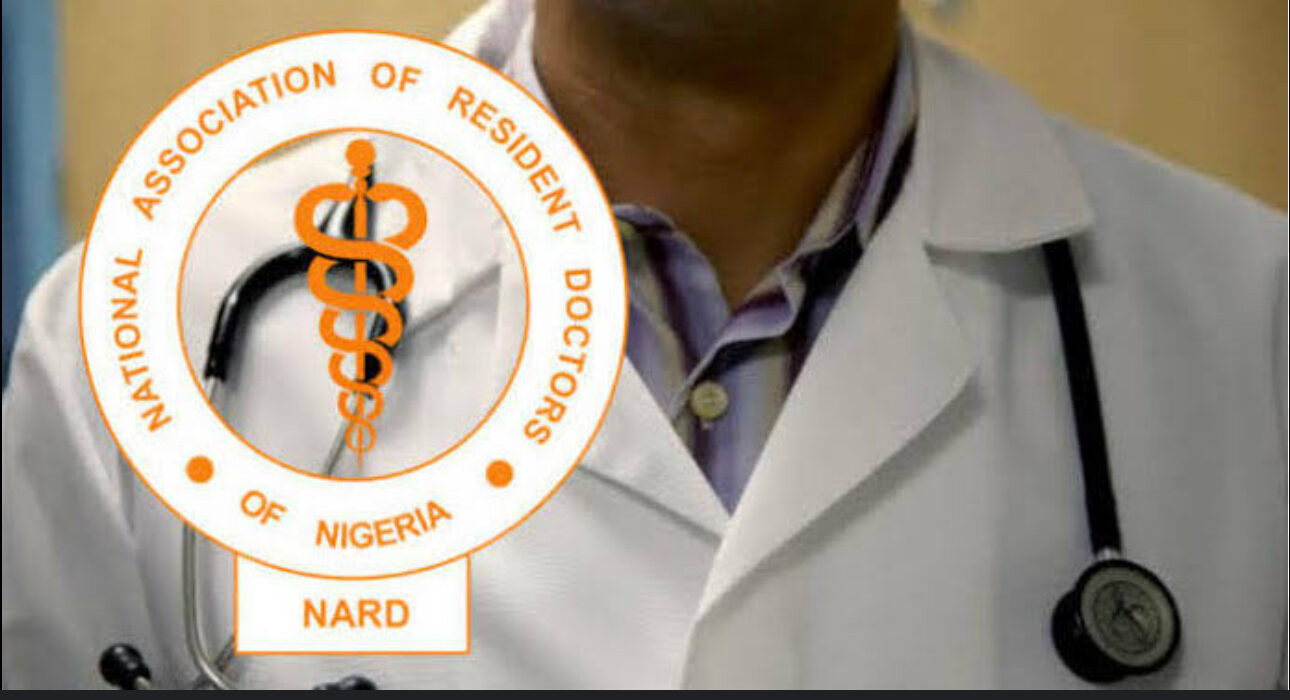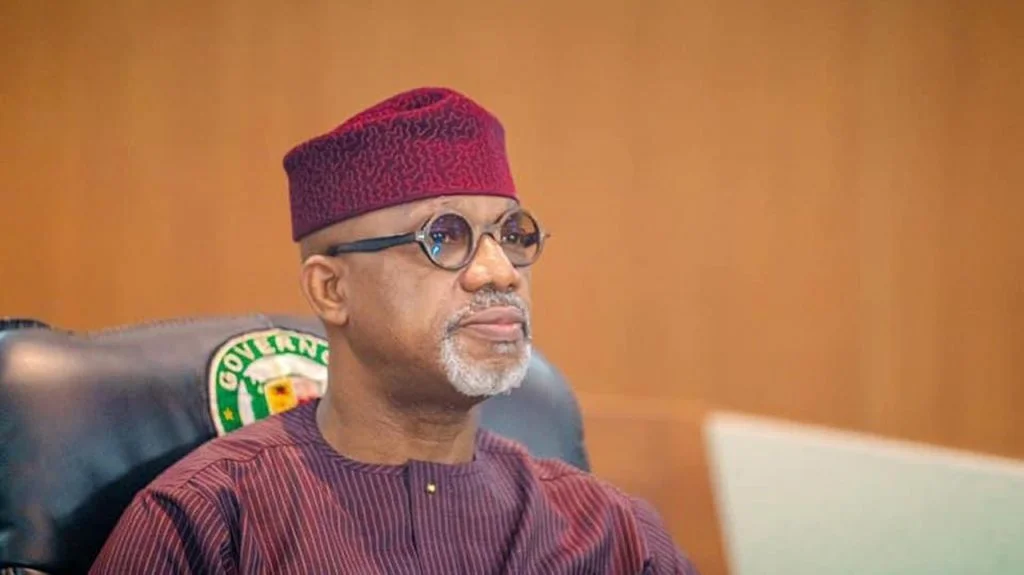NARD Accuses Community Pharmacists of Emotional Blackmail Over Professional Roles

A growing rift between Nigeria’s health professionals escalated this week as the National Association of Resident Doctors (NARD) accused the Association of Community Pharmacists of Nigeria (ACPN) of engaging in emotional blackmail and unfairly portraying doctors as being hostile to other healthcare professionals.
The accusation followed a recent letter addressed to President Bola Ahmed Tinubu by the ACPN, in which the pharmacists’ body raised concerns over what it described as the “incomprehensible dominance” of medical doctors in the country’s health and education sectors. The ACPN also warned against what it termed the “culture of fascism” in the medical profession.
In response, NARD, through its President, Dr. Tope Osundara, condemned the ACPN’s rhetoric, describing it as “repulsive” and “abhorrent.”
He argued that the language used in the letter was not only inflammatory but an unjust attempt to frame doctors as enemies of collaboration in the health sector.
“Nigerian doctors have never sought to dominate or undermine the roles of other health professionals,” Osundara said. “We consider the recent statements from ACPN as emotional blackmail aimed at damaging the image of dedicated Nigerian-trained doctors.”
Dr. Osundara reiterated that doctors, particularly those trained in Nigeria, respect the contributions of other health professionals and are committed to teamwork in the delivery of healthcare.
He further emphasized that doctors have not attempted to encroach upon the roles of pharmacists, especially in the research or pharmaceutical production industries.
On the contrary, he noted, it is often doctors who face systemic sabotage. “What we see is a rise in the number of unqualified individuals attempting to play doctors, resulting in tragic consequences for patients,” he said.
NARD warned that the presence of impostors and poorly trained individuals taking on critical roles in healthcare has led to a sharp rise in mortality and poor patient outcomes.
Addressing the pharmacists’ allegations about medical professionals cornering leadership positions in drug production and healthcare management, NARD reminded the public that doctors often acquire multidisciplinary skills not to dominate, but to function effectively within the constraints of Nigeria’s fragile health system.
Furthermore, Dr. Osundara highlighted several programs led by NARD that are inclusive of other health professionals, including pharmacists. One such initiative is the “Doctor’s Reach Out Program (TDROP),” which focuses on strengthening healthcare delivery in underserved communities.
The program includes training sessions in Basic and Advanced Life Support, with participation from pharmacists, nurses, and other health workers.
Calling for a de-escalation of tensions, the NARD president urged the ACPN to focus on shared objectives, such as improving working conditions, strengthening primary healthcare, and securing adequate funding for Nigeria’s overstretched health infrastructure.
He also called on the Federal Ministry of Health to prioritize resolving pressing issues such as the payment of CONMESS arrears, implementation of the new minimum wage, and broader welfare concerns affecting health professionals, stressing that these must be resolved by the end of June 2025 to maintain industrial harmony.
NARD’s position signals a firm defense of medical doctors’ role in Nigeria’s health system, while advocating for collaboration—not competition—among stakeholders. Whether the ACPN will respond with reconciliation or further pushback remains to be seen.









